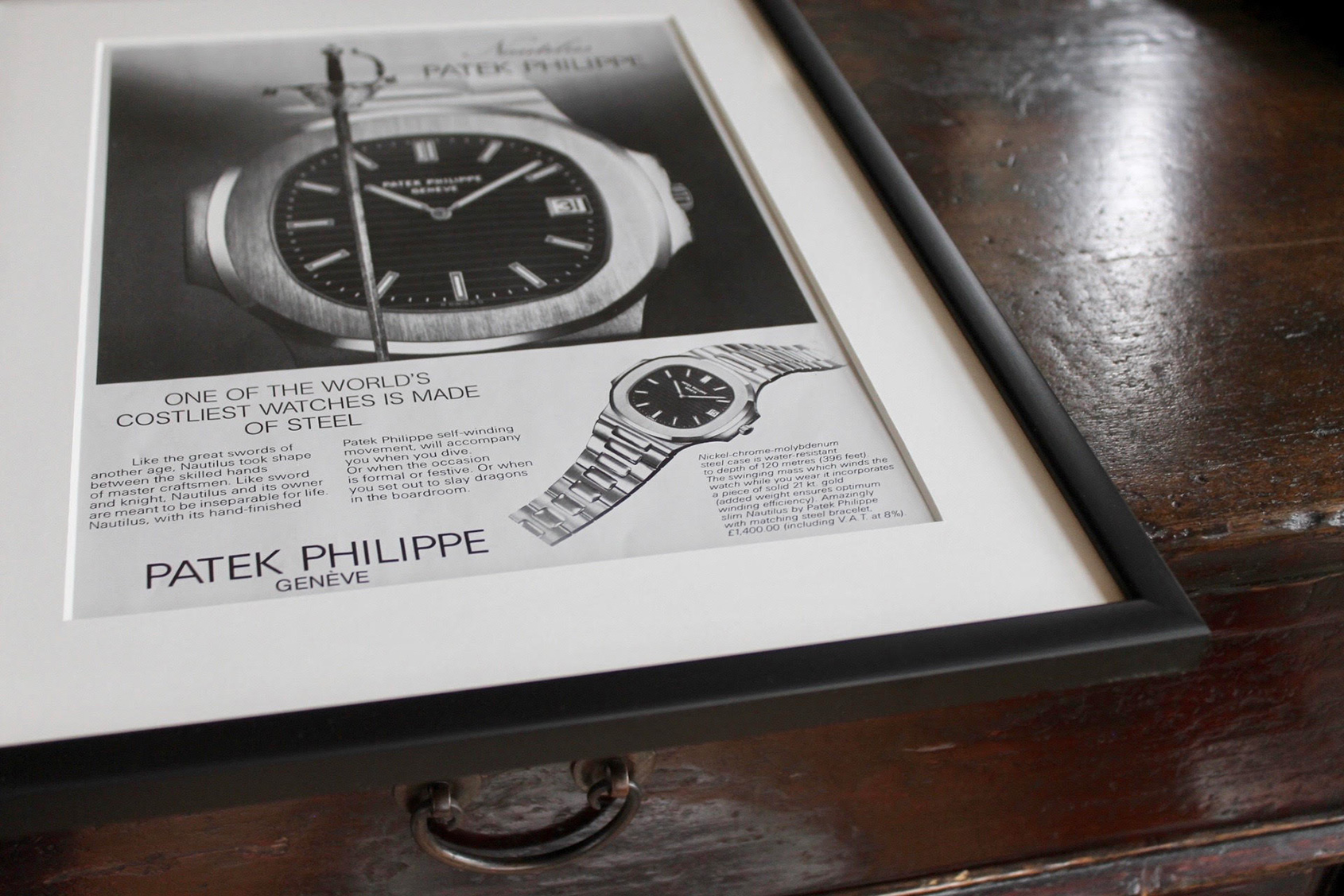RECOMMENDED READING: Why Patek Philippe’s decision to kill their most popular product is a business masterstroke
Thor SvaboeMany of us, myself included, have the 5711 steel Nautilus cemented onto our watch grail wish-list. Now, the infamous eight year waiting-list you’d have to endure after ordering one is no more. Patek Philippe’s top selling reference is being discontinued, and many a collector on an exclusive AD list will return to square one, with the prices of pre-owned pieces skyrocketing (as covered in our recent story here).
At first glance, the decision to abandon the 43-year-old Nautilus 5711 looks seriously counterintuitive, But as Entrepreneur.com explains in this story, the move makes sense if you look at it through the glasses of Patek Philippe CEO Thierry Stern.
You’d assume the surging popularity of the 5711 in recent years would be a good thing, right? But as one of the brands in the so-called Holy Trinity of Swiss watchmaking, Patek has a legacy to nurture and that means having more than one sports watch of iconic status.
As Jason Feifer writes in the article: “The watch had become so popular that its meaning changed. People were flashing it around Instagram as a sign of wealth. Others were surely buying it just to flip it. And it was distracting attention from the company’s other products. This may have made the company a bunch of money in the short-term, but it risked draining the company’s value in the long-term.”

While being the hot grail watch du jour with 521,000 Nautilus hashtags on Instagram, this single reference was simply hogging the limelight to an unacceptable degree. Patek Philippe has always nurtured an understated presence and a quiet elegance as befits a certain clientele. The brand’s image needed to be protected over that of a single product.
Feifer is also no doubt right that many people were starting to buy the Nautilus more as a short-term investment to re-sell on the grey market. Instead of bringing their owners the joys of mechanical craftsmanship, many of these watches were never leaving their vacuum-sealed pouches and were being purchased like stocks, bonds and cryptocurrency.
Reading this entire article made me personally, well, not that much happier, but safe in the knowledge that while this might sting now, long term the retirement of this watch is all for the best. Consider Patek’s own famous ad language as a metaphor for Thierry Stern’s long-term view of the company – he’s merely taking care of it for the next generation.
Read the full story in The Entrepreneur






